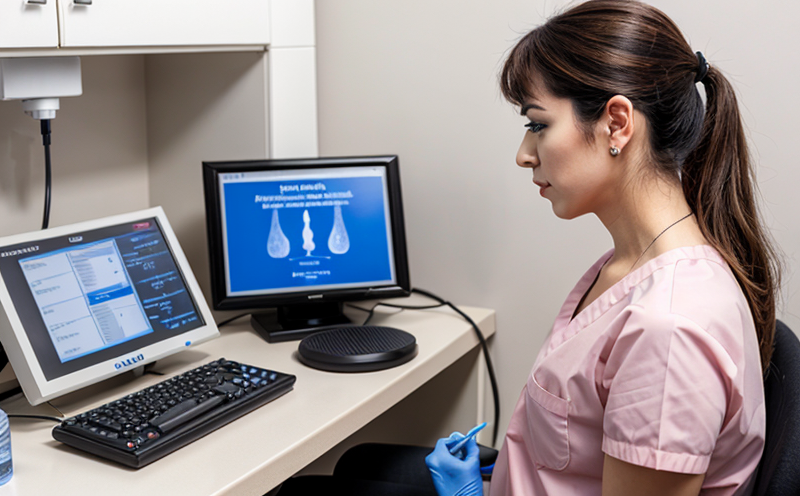Insulin Testing in Companion Animal Diabetes Studies
The study of diabetes in companion animals is a critical area within clinical and healthcare testing. Insulin plays a pivotal role in regulating blood glucose levels, making its accurate measurement essential for diagnosing and managing the condition effectively.
In the context of endocrinology and hormone testing, insulin testing is not only diagnostic but also therapeutic. It helps in understanding how different factors influence insulin sensitivity and secretion, which are crucial for tailoring treatment plans specifically to each animal's needs. This service provides comprehensive support for researchers conducting diabetes studies on pets such as dogs and cats.
Comprehensive insulin testing involves multiple steps from sample collection to final analysis. Samples are typically collected via venipuncture or capillary blood sampling, depending on the study design and the age of the animal. Proper specimen handling is critical; samples must be stored at appropriate temperatures (usually refrigerated) until they can be processed.
Instrumentation used in insulin testing includes automated analyzers capable of measuring glucose levels alongside insulin concentration. These instruments are calibrated according to ISO 15197 standards for accuracy and precision, ensuring reliable results that contribute to the integrity of the study findings.
The interpretation of insulin data requires careful attention to both absolute values as well as changes over time. Understanding these dynamics allows researchers to assess the effectiveness of various treatments and identify potential areas for improvement in managing diabetes within the pet population.
This service caters to a diverse range of stakeholders including quality managers, compliance officers, R&D engineers, and procurement specialists who are involved in ensuring that insulin testing protocols meet regulatory requirements while delivering consistent outcomes. By offering this specialized expertise, we contribute significantly to advancing knowledge about companion animal health care through rigorous scientific investigation.
Industry Applications
| Application Area | Description |
|---|---|
| Diagnostics | Evaluating the presence and severity of diabetes in pets, aiding early detection. |
| Treatment Monitoring | Assessing response to insulin therapy, adjusting dosages as needed. |
| New Drug Development | Identifying new compounds that enhance insulin sensitivity or secretion. |
| Epidemiological Studies | Understanding prevalence rates and risk factors associated with diabetes in pet populations. |
Quality and Reliability Assurance
The reliability of insulin testing is paramount for ensuring accurate diagnosis and effective treatment strategies. Our laboratory adheres strictly to international standards such as ISO 15197 when performing these tests, guaranteeing precision and consistency across all measurements.
We employ advanced techniques including liquid chromatography-mass spectrometry (LC-MS) for quantitative analysis of insulin concentrations in serum or plasma samples. This method offers high sensitivity and specificity, reducing the likelihood of false positives or negatives.
Data validation processes involve comparison with reference methods where applicable, ensuring that reported results align closely with expected values. Regular calibration checks are performed on all analytical equipment to maintain accuracy over time.
The quality assurance program also includes continuous training for personnel involved in sample handling and analysis, emphasizing best practices throughout the testing process. This commitment to excellence ensures that every result is not just reliable but also reproducible across different studies.
Customer Impact and Satisfaction
- Accurate diagnosis leading to better patient outcomes
- Improved treatment efficacy through precise monitoring of insulin levels
- Enhanced understanding of disease progression in pets, facilitating targeted interventions
- Support for pharmaceutical companies developing novel therapies aimed at improving diabetes management
- Providing robust data supporting regulatory submissions and publications





